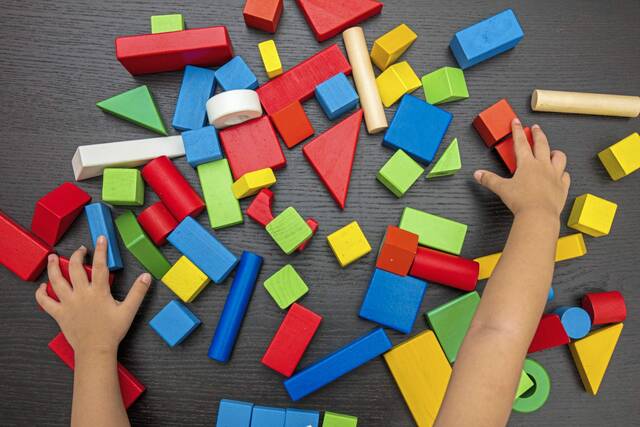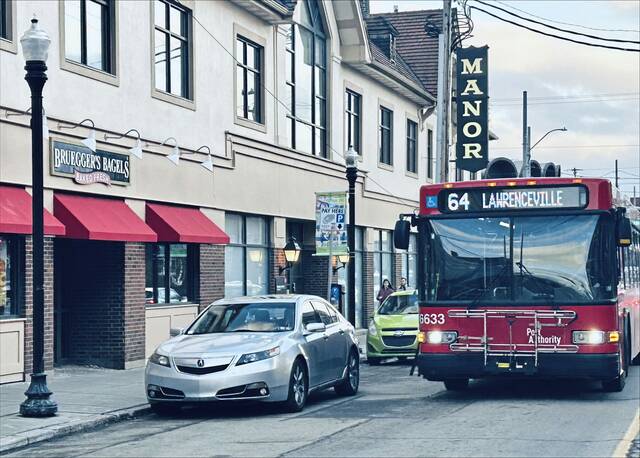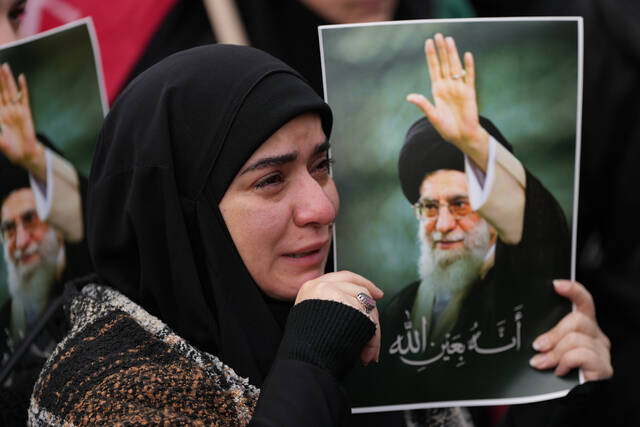Alex, a 5-year-old in my preschool classroom, often exhibited challenging behavior, such as hurting his peers and running away from adults, but I could usually redirect him. He loved putting things together, so I often asked, “Would you like to build a puzzle with me?” We assembled many puzzles together that year. I knew his home life was unstable, and he needed a model to be there for him. However, he struggled to behave appropriately on days I was not there or when he was not in my direct group, creating a chaotic environment even though my female co-teachers used the same methods.
In line with the national trend, I am the only male educator at my child care center. Nationwide, only 2.2% of early educators in preK and kindergarten are male. This absence affects students, as male educators serve as diverse role models and provide inclusive educational environments.
Early childhood educators focus on developing our youngest learners’ social-emotional skills, enhancing their language development and fostering positive relationships. We can make a significant impact by modeling and interacting with children, influencing their development and positioning them for success throughout the rest of their academic journey. The bonds I form are different simply because I am a male.
To encourage more educators — especially men — to enter early education and child care, Pennsylvania must urgently prioritize the establishment of accessible, meaningful pipelines to attract them. Students lean into providers who offer a sense of belonging. However, if our state continues to fall behind in supporting early childhood education, we will see fewer teachers like me entering or remaining in the field, and young learners will be unprepared for their educational journey.
It starts by valuing the work of high-quality early childhood educators and offering comparable pay to that of K-12 educators. PreK educators are required to have the same certification as K-4 teachers, but return to centers that cannot match district pay at the level of funding they receive for PreK counts or Head Start. States such as New Mexico have already committed to providing much greater support in these valuable spaces, including stable funding. Pennsylvania must follow suit.
On average, early educators make approximately 48% less than K-12 educators with similar credentials. Children deserve the best chance to succeed, and that requires adequately paid educators who help them feel safe and connected. Investing in higher wages will help alleviate financial stress, allowing me to worry less about paying bills and more about meeting the needs of the children in my care. Students like Alex will be able to connect with more educators, hopefully some of them males.
Another way to entice more teachers to become early childhood educators centers on approaches with proven success, such as the Student Teacher Stipend. Fully funding the stipend program at $50 million to $55 million and allowing early childhood education programs to pay at a rate that is worthwhile shows that child care and preK are a critical component of the education system. The stipend has proven valuable in attracting more educators into the workforce; however, the pay must be on par with districts that can afford higher salaries and benefits so that educators like me remain in early childhood education. I will be a student teacher next year, so I plan to apply for the stipend to help cover my grocery and rent payments at home. It will go a long way toward keeping me engaged in a career I love, thanks to the little breakthroughs I have every week with students, like when they write their names.
Another system already in place that has helped me remain in this field and further my career is college apprenticeship programs, such as the one I am a part of through Carlow University. These grant-funded programs allow educators in the field to earn college credit and receive support while working in early education systems, helping to diversify the profession. Being able to take classes that account for the work I do daily, and the availability of evening and online courses, helps me see the benefits of my hard work in real time, with an impact on my students.
I remember the big hug I received from Alex before he headed to kindergarten. “I’m going to miss you,” were the last words he said before he walked out the door. In moments like that, I know my value as an educator; I had an impact on this child that he can carry with him the rest of his life. All young learners deserve an educator with whom they can connect and see themselves. Let’s value Pennsylvania’s early childhood educators and the children in their care whose bright futures await.
Kyle Bender is a preK teacher at Tiny Tots Child Development Center in Rochester, Pa., and a Teach Plus Pennsylvania Senior Policy Fellow.








